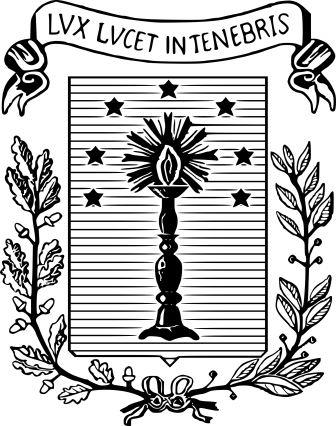Report from Waldensian Synod in Italy
 These reflections on the annual Synod of the Chiesa Evangelica Valdese, held in Torre Pellice, Italy, from August 26-31, 2018, were written by Carol Bechtel*, Executive Director (elect) of the American Waldensian Society. They were first published by the American Waldensian Society.
These reflections on the annual Synod of the Chiesa Evangelica Valdese, held in Torre Pellice, Italy, from August 26-31, 2018, were written by Carol Bechtel*, Executive Director (elect) of the American Waldensian Society. They were first published by the American Waldensian Society.
One of the refrains heard often at this year’s synod was that the Chiesa Evangelica Valdese is a “fragile church with a vibrant witness.” The fragility reference is a candid acknowledgement of decreasing numbers, budgets, and clergy-a situation not atypical in churches around the world. From my perspective as an observer at the synod, however, this fragility was largely eclipsed by the vibrant witness that was everywhere in evidence.
One example of this was the “World Methodist Peace Award” that was presented at thesynod to the Methodist Churches in Italy (OPCEMI)-part of the union of Methodists and Waldensians in Italy. Given by the World Methodist Council for courage, creativity, and consistency, this year’s award was in particular recognition of the Casa delle Culture (House of Cultures) in Scicli, a city on the south coast of Sicily. According to the published description at the award ceremony, Casa delle Culture has created a safe and welcoming space
…which has welcomed refugees and migrants from Syria, Iraq, the Middle East, as well as North, Central, and West Africa. The church’s work has spanned decades and has welcomed migrants of Protestant, Catholic, and Muslim faiths. Their involvement with Mediterranean Hope has been consistent and has continued despite the increasing wave of arrivals to Italy.
The citation goes on to say that “when others said the problems were insurmountable, OPCEMI’s attitude has been that ‘we could do no other-we could not sit by and let this happen.”
There was much discussion at this synod of how to be faithful in the current political context in Italy. In the wake of the national elections in March which brought a populist coalition to power, it is challenging for many Waldensian Christians to know how (or whether) to remain in dialogue with national leaders. The current approach of the church is to remain in conversation, even though there are often points of deep disagreement. One example of this was at a public event featuring a panel that included Deputy Minister Del Re of the 5-Star Movement. Some members of the audience wore red shirts to protest government policies, especially against refugees.
For me, the opening session of the synod was also a highlight. Moderator Eugenio Bernardini-who now begins the last year of his seven-year term as moderator-made a special point of thanking the American Waldensian Society for its support for the restoration of the historic synod hall. He also read from a letter he had received from Pope Francis, who affirmed that he was praying for us but also with us. Then Pope Francis humbly asked us to do the same for him.
It is difficult, of course, to summarize an entire week of work, fellowship, and deliberations. Still, I hope this brief report conveys some of what this synod was about. One of the things that drew me to the Waldensian story in the first place was their commitment to living out the Gospel. This commitment has been obvious throughout their history, and is just as obvious in their contemporary contexts. This synod certainly confirmed these impressions. As I anticipate working for AWS in a new capacity as Executive Director, I am eager to assist the AWS Board as it responds to the priorities of both La Tavola and La Mesa, working with our overseas partners to implement projects that will benefit their mission. Theirs is, indeed, a vital witness.
*In addition to her new work with the American Waldensian Society, Carol is also Professor of Old Testament at Western Theological Seminary in Holland, Michigan, and a former president of the Reformed Church in America.
